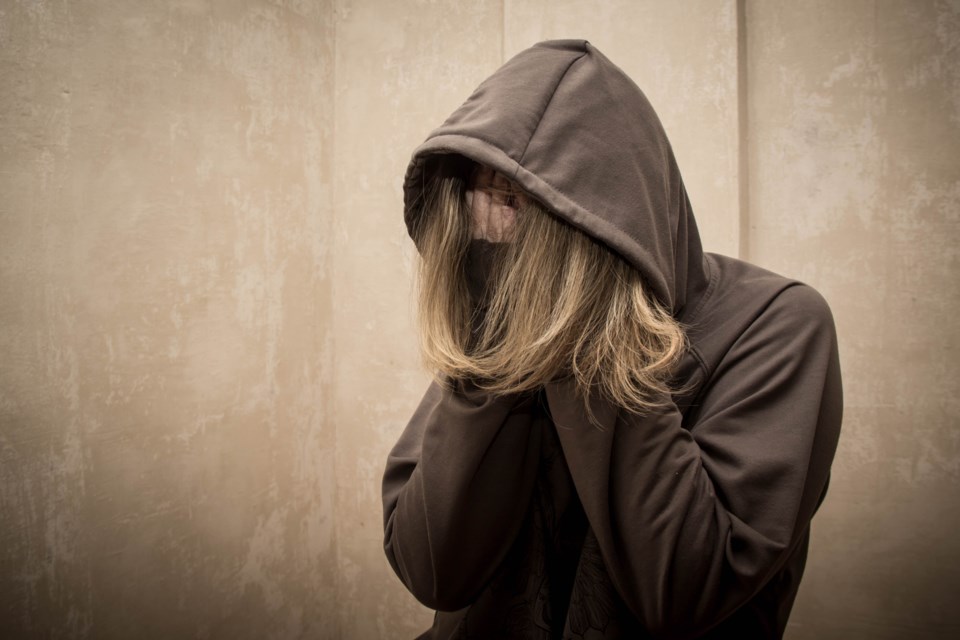Imagine part of your job was checking for dead bodies.
Walking into a washroom and scanning for strewn needles and limp limbs. Now imagine you don’t have the training of an RCMP officer or paramedic and the compensation and time off that comes with those lines of work. Instead, you make $13.85 per hour at the local Waves or JJ Bean Coffee shops.
Terrifyingly, this is a reality for many.
In 2018 there were 23 fatal overdoses in B.C. public bathrooms according to a freedom-of-information request. Vancouver Coastal Health actually has a checklist for business owners to help them weigh the pros and cons of single stall versus multi-stall bathrooms when it comes to preventing deaths by drug overdose. Things like the distance between the toilet and the wall are considered in the context of how easy it is for someone who has blacked out to get stuck between them.
VCH resources link to a document on promoting staff resiliency and preventing distress after an overdose reversal. Coffee shop or gas station staff who are untrained and being paid minimum wage are simply not equipped to deal with the trauma of an overdose. Period.
When I take my young children into public washrooms in the Lower Mainland, they often ask me about those bright yellow boxes for used needles and what they are for. It’s a sad reality that public washrooms are often used for injecting drugs due to their relative safety, privacy and accessibility, according to the Centre for Addictions Research of BC. We often think of drug consumption as taking place on the streets or dark alleys. But it often has very real and lasting effects on the young barista forced to perform regular bathroom checks, or young kids who rush into a gas station bathroom with their mom.
Dr. Patricia Daly, chief medical health officer for Vancouver Coastal Health, has actually suggested tax breaks for business owners willing to make modifications to their washrooms to health prevent overdose deaths.
This problem has been getting worse. Instead of making wider spaces between walls and toilets so baristas can pull out incapacitated people and try to revive them with naloxone injections, we need to put more effort into making them feel like they don’t have to shoot up in the first place.
Ada Slivinski is the Founder & Principal of Jam PR, a boutique agency focused on helping small businesses get big exposure. You can reach her at [email protected]
SWIM ON:
- Jody Vance broached one controversial idea to stem the overdose epidemic.
- As Bob Price discovered in conversation with Prince George Mayor Lyn Hall, the overdose epidemic is by no means confined to the Lower Mainland.
- Ada Slivinski wrote about the good kind of injections, and how we need to keep better track of vaccinations.



